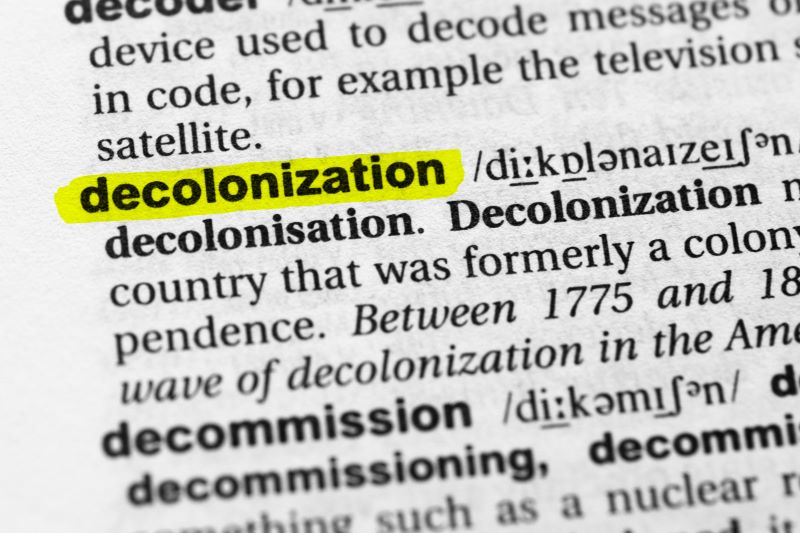It’s with pleasure, but also with a certain sadness, that we announce the publication of our latest posts!
It was an opportunity for us to delve into various aspects of the dynamic relationship between information and communication technologies (ICTs), development and social change.
In our final post, we delved into the role of ICT in addressing poverty in underprivileged areas, analyzing two case studies: the Kenya Electronic Single Window System and the Digital Green initiative. This exploration highlighted the multifaceted challenges faced by the Kenyan project, from complexity and high costs to connectivity issues and persistent corruption. It also opened up a discussion on the broader development debate, pondering whether it should prioritize ‘Economic Growth’ or ‘Reducing Inequality,’ along with the terminological perspective of ‘Digital Development.’ The article also delved into the issue of the Digital Savior Complex in humanitarian work, emphasizing the necessity of a holistic and inclusive approach to ICT for development.
The Savior Complex also relates to the following article, a personal and insightful exploration of the dynamic interplay between ICT, Western values, and NGOs’ missions. We thus provided a thought-provoking exploration of how ICT and Western values have shaped the operations of an NGO, exemplifying the organization’s journey in fostering inclusion and empowerment among young migrants in Geneva through outdoor sports. This narrative demonstrated how digital technology and global networks played a pivotal role in aligning the NGO’s practices with Western values, a concept akin to “communication for social change-making.” We contemplated the potential implications of this alignment, including the perpetuation of structural racism, and introduced the idea of a transition mindset to address these challenges.

Decolonisation was indeed a critical theme we explored in our posts. On the one hand, we delved into the persistent legacy of colonialism in African education and the pressing need for decolonisation. We closely examined Snapplify’s African e-Library project and its potential to contribute to the decolonisation of African education and the broader development of African nations. The project’s focus on indigenous languages, tailored curriculum, and integration of technology offered a promising path toward empowering local communities and fostering autonomous socio-economic growth in Africa.
On the other hand, we ventured into the complex process of decolonising aid. We conducted a deep dive into the challenges associated with white gaze funding and the problematic aspects of communication efforts in crisis and emergency situations. Using Oxfam GB as a case study, we concluded the discussion by analyzing the rhetoric employed within the aid sector surrounding decolonisation.

Our journey exploring these diverse topics has reinforced the importance of bridging academic knowledge with practical communication skills. It underscored the necessity of understanding the target audience, crafting engaging content, and adapting to the ever-evolving landscape of digital media and technology.
Furthermore, it highlighted the collaborative nature of the communication field, where teamwork and staying updated with current trends are vital for success in our dynamic profession.
Keep in touch for future insights and discussions!


